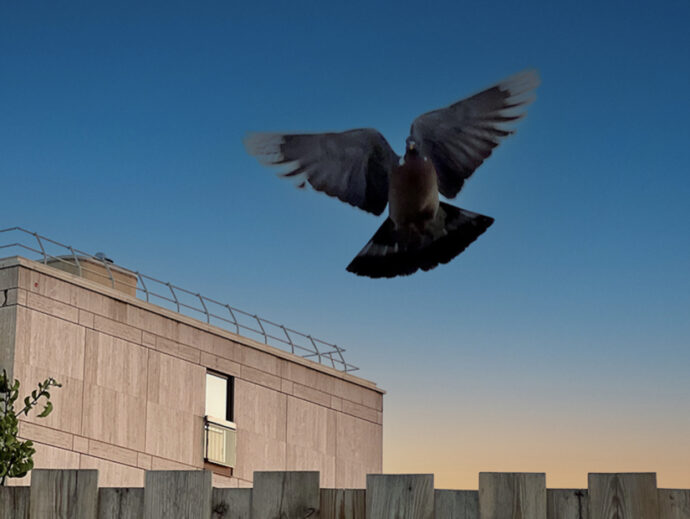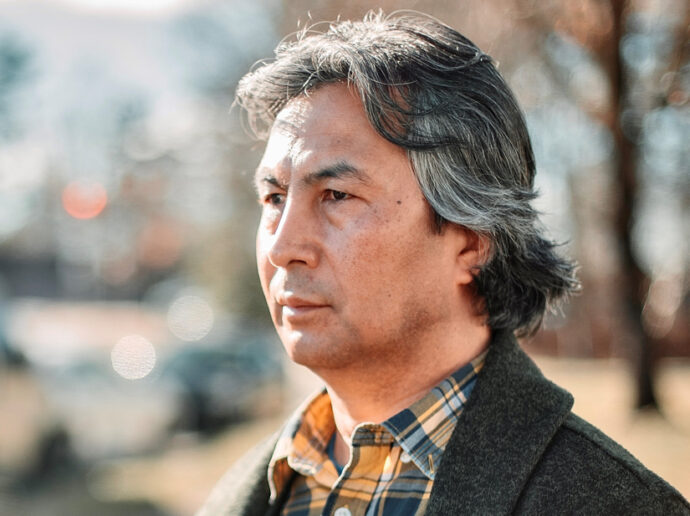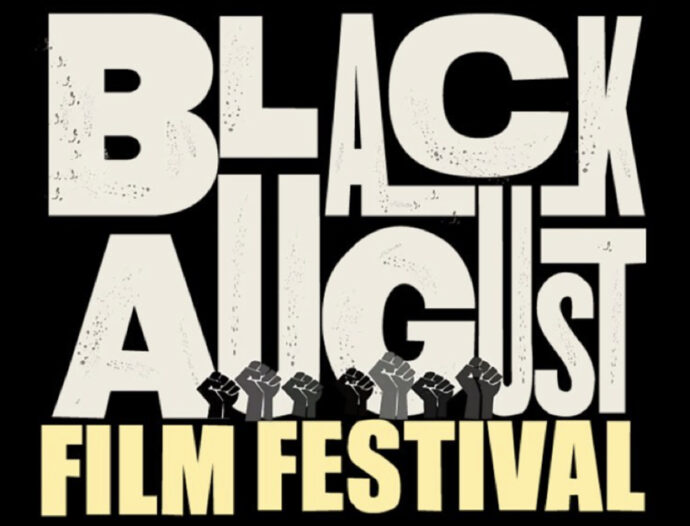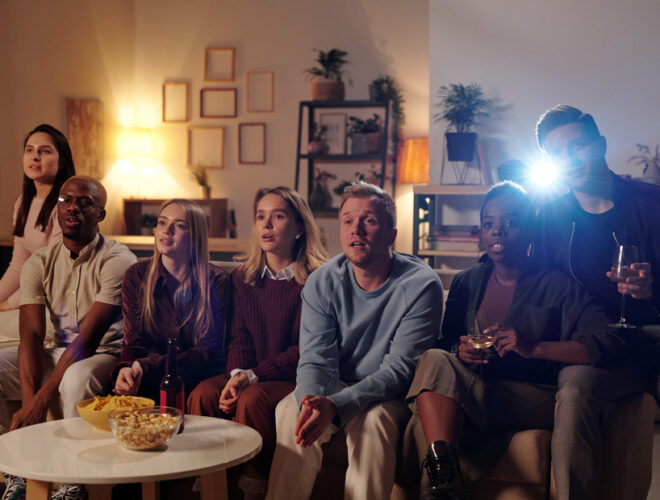
Image Credit: MisfitSabbath2
The United States’ Pledge of Allegiance reads as follows:
I pledge allegiance to the flag of the United States of America
and to the Republic for which it stands,
one Nation under God, indivisible,
with liberty and justice for all.
Is it just me, or is Lady Liberty crying for America?
The questions in my heart are: Will we remain a welcoming country for the immigrant? Other than Native Americans and the African Americans brought here as slaves, what white grouping of people among us wasn’t first and foremost welcomed (to one degree or another) as an immigrant?
Will we Americans choose to honor humans from different religions outside of our own? Different ethnic backgrounds? What about those with disabilities?
What about 50% of the population – women? Do we consider women more than objects for men to rate on a visual scale from 1 – 10? Or worse, objects to harass or assault at will and with impunity?
We need to think these things through honestly and clearly. The choices we make intellectually and with our words and actions will contribute to America being a real “shining city on a hill”, the choice is ours…
There is much work to be done to bring our country past the technology revolution, globalization, etc., and progress firmly into this century. Speaking of technology, how will we respond to the news that another country has wielded influence during our elections in order to sow the seeds of discord among us? Will we stay awake long enough to demand that our elected officials truly address destructive tech-age realities?
I believe that in our diversity we are stronger together as a nation. In fact, America’s diversity and acceptance of the “other” is one of the most unique and important strengths as a nation! We need to treasure and nurture these ideals!

With Liberty and Justice for ALL
One of the greatest challenges we face today is our understanding of the history of race relations in America. In a previous article for Culture Honey, “From Tracy Chapman to Barack Obama – What Has Changed? Race Relations in America 2016“, I posed some questions. “What has changed?” – in terms of race relations? From the seemingly hopeful times in the 1990’s when apartheid ended in South Africa, to the early 2000’s when Americans elected the first African American president to two terms, to today’s current events?
Yet even during the time of an African American president, deaths at the hands of police for African American men rose, and in the U.S. we now live with the disturbing statistic of having the most incarcerations per capita in the world. According to published reports, the U.S. today has 5% of the world population and yet imprisons 25% of the world’s prisoners. 25% of the world’s prisoners?! In the “land of the free”???
These questions and cries for justice from groups like Black Lives Matter resulted in Culture Honey sponsoring a discussion group on the topic of race relations. In addition to multiple conversations with African American friends, this open and vulnerable discussion group was very helpful in understanding how different the experience of people of color has been and continues to be from mine as a white woman. There is a summary of our gathering here. The feedback from those who attended the group reflected that we had begun the process that Cornel West was pointing to in this quote:
“A fully functional multiracial society cannot be achieved without a sense of history and open, honest dialogue.” – Cornel West
However, is one conversation, even a good one, enough? The obvious answer is NO. One good conversation is a beginning, but definitely not an end. What about the question of social action and change? When we are faced with injustice, and then spend time in self-reflection, then position ourselves to be as vulnerable as we can to talk, listen and share stories with those who are of a different background than ours – is THAT enough? After this year’s events in Charlottesville and elsewhere – clearly – that is NOT enough. There are many systemic societal, educational and governmental changes that need to be addressed. But most important is that we as individuals examine our hearts and our understanding of our own privilege.
“The unexamined life is not worth living,” – Socrates
I didn’t know of the phrase “white privilege” until just over two years ago… An article from the Washington Post says, “… White privilege is something specific and different – it’s the idea that just by virtue of being a white person of any kind, you’re part of the dominant group which tends to be respected, assumed the best of, and given the benefit of the doubt. That just isn’t the case for people of other races, no matter how wealthy, smart or hard-working they might be.”
What is the significance of “white privilege” for me as a white American woman? Ignorance is regrettable, and I am working on continuing to become educated! Check out this thought-provoking article from Sojo.net with Richard Rhor answering some basic questions about white privilege. He is a Franciscan friar and is an internationally known inspirational speaker and author. Also, last year as I was taking a college sociology class, I attended a panel presented in Los Angeles featuring Jim Wallis. Here’s an article he wrote about white privilege and “America’s Original Sin”. I learned so much from the panel that night, as well as from follow-up reading. In addition to white and other (gender, ethnic, educational, economic) forms of privilege, another important sociological term is “dominant culture“. Are you, dear reader, part of America’s “dominant culture”? If so, have you examined your outlook and have you given thought to the choices you make? Are you willing to share?
People often have difficulty with change. And America, along with the rest of the world, is changing. Population patterns all around the world are shifting. Where does faith fit into a changing world? If we consider our self a person of faith, how does that faith address our fear of change and offer us hope to open up to a larger, deeper understanding of ourselves and the world we live in?
I’ve also been so encouraged to read about God’s concern for justice in the biblical scriptures – there are so many, but here are a few:
“Is not this the kind of fasting I have chosen: to loose the chains of injustice and untie the cords of the yoke, to set the oppressed free and break every yoke?” ~ Isaiah 58:6
“Learn to do right; seek justice. Defend the oppressed. Take up the cause of the fatherless; plead the case of the widow.” ~ Isaiah 1:17
In addition to the resources mentioned above, I am looking forward to watching this just released, on-topic report, “America in Black & Blue“, by PBS. As it is described,“The PBS NewsHour Weekend special “America in Black and Blue” explores the tensions between America’s diverse communities and their local police forces, the efforts in many communities to find healing, and the delicate balance between essential law enforcement and protecting the civil and human rights of all Americans.”
Human blood all bleeds red.
With all our uniqueness, we are still fundamentally the same – human – and, I believe, “imago dei” – made in the image of God.
In reading about the life of iconic American artist Norman Rockwell a couple of Thanksgiving’s ago, I learned about his personal journey into greater human and social understanding. During the Civil Rights era, his evolution included the development of a strong sense of social justice. He even left his long-term, lauded position at the Saturday Evening Post to work for Look Magazine. Importantly, he made this move in order to tackle subject matter of a more socially conscious nature with his art. The painting seen below was a result of his deepening sense of the human rights struggle of that era. I think it speaks to our era as well.

Blood Brothers, A Norman Rockwell Study
*
Updated Oct. 30, 2017 @ 6:02am
Updated: Jan 14, 2017 @ 06:03am
Updated: November 8, 2016, 6:07am
Originally Published: Jul 19, 2016 @ 06:07am




